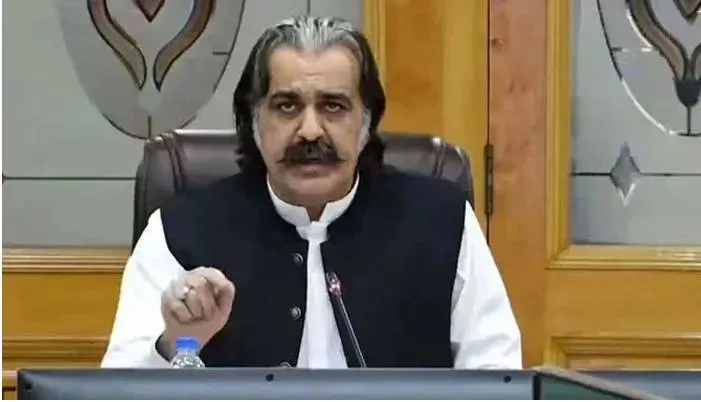Khyber Pakhtunkhwa (KP) Chief Minister Ali Amin Gandapur has announced plans to send a delegation of tribal elders to Afghanistan to hold peace talks. Speaking in Dera Ismail Khan, he criticized the federal government for failing to make progress in its dealings with Afghanistan and claimed that the provincial government could achieve results through dialogue.
This announcement has sparked a constitutional debate, as foreign policy and international relations are responsibilities assigned solely to the federal government under Pakistan’s Constitution. Provinces are not authorized to conduct foreign affairs or diplomacy on their own.
Critics argue that Gandapur’s decision oversteps legal boundaries. They believe his plan to send a delegation to Afghanistan undermines the federal government’s authority and could create confusion in Pakistan’s foreign policy. Such actions may also have serious consequences for the country’s international relations and sovereignty.
Also read: Women Journalists can play pivotal role in environmental reporting
While Gandapur’s reliance on tribal jirgas might appeal to local communities, experts say it oversimplifies the complex issues between Pakistan and Afghanistan. They also see the move as politically motivated, especially since he criticized opposition leaders and mentioned the imprisonment of the PTI founder on corruption charges during the same speech.
Constitutional experts stress that provincial governments are not permitted to handle foreign relations. They warn that such actions could weaken the country’s unified policy approach. It is essential for federal institutions to address these issues to avoid setting a harmful precedent for governance.








